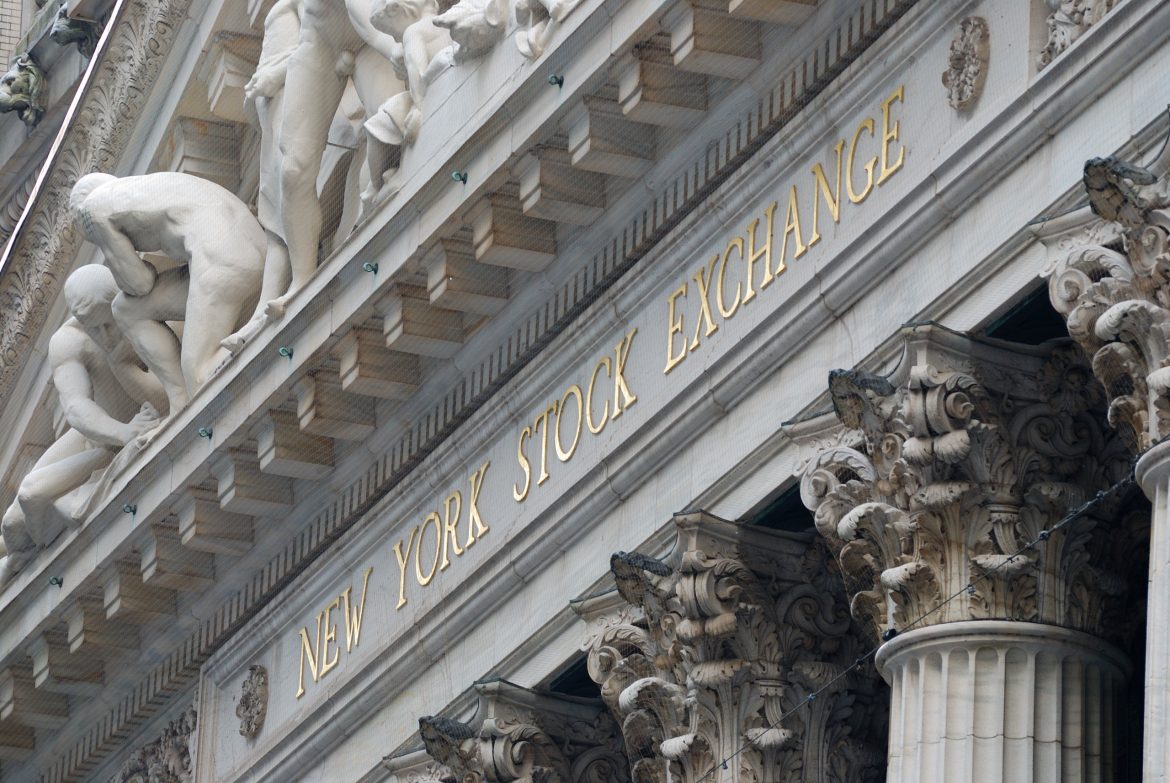The S&P 500 index has done well this year, helped by the strong performance of American technology companies. It has risen by over 24% this year, and analysts believe that it has more upside going forward.
The fund has also had total returns of over 112% in the last five years. As a result, it has become one of the best Sleep Well at Night (SWAN) assets in the industry. It has even beaten most of the recently launched active funds like JEPI, JEPQ, and QYLD.
The best way to invest in the S&P 500 index is through its exchange-traded funds like the Vanguard S&P 500 (VOO), SPDR S&P 500 (SPY), and iShares S&P 500 (IVV) funds. One can also invest in related mutual funds and the S&P Buill 3X fund (SPXL).
SPY ETF is struggling in 2024
The SPY, VOO, and IVV are similar funds and have equal performance since they track the same asset.
However, a closer look at its inflows data shows that the SPY ETF is losing market share to VOO and IVV.
Data by ETF.com shows that the fund has continued shedding assets this year. It has lost over $4.7 billion in assets in 2022, bringing the total assets under management at over $602 billion.
On the other hand, the Vanguard S&P 500 ETF has brought in over $79 billion this year, bringing its assets at $528 billion. The iShares S&P 500 ETF has added $51.9 billion in assets, giving it over $548 billion in assets.
This performance is mostly because of the expense ratio. Data shows that the SPY ETF charges its customers an expense ratio of 0.09%, meaning that a $10,000 investment will cost just $9 a year.
IVV and VOO, on the other hand, charge their customers just 0.03% in fees, meaning that a similar amount will cost you just $3 a year.
These are small differences. However, since these are similar assets, most investors seem to be opting for the cheaper options. This also explains why the SPY ETF has a four-star rating in MorningStar compared to IVV and VOO, which are rated five. In explaining the reason, one Morningstar analyst said:
“VOO earns a top rating of Gold, while SPY earns the next best rating of Silver. The differences may be minimal, but there’s no reason to leave change on the table. VOO charges 0.03%, while SPY charges 0.09%. With all else equal, the fund with the lower fee is more aligned with investors’ best interests.
Catalysts for the VOO, IVV, and SPY ETFs
These ETFs have done well this year and have numerous more catalysts ahead. The first catalyst is that the history of the S&P 500 index, which has a long history of doing well. Established in 1957 and trading at $44, the fund has jumped to almost $6,000 today.
In this period, it has gone through everything imaginable, including the Cold War, the Dot Com Bubble, the Global Financial Crisis, Trump’s trade war, Russia’s invasion of Ukraine, and the Covid-19 pandemic.
The index has historically dipped in these key events and then it rebounds. Therefore, barring a major black swan event, this trend will likely continue in the long term.
Besides, investing in the S&P 500 index is seen as one of the best ways to bet on the United States, which Warren Buffett believes is the best way to make money.
Second, the IVV, VOO, and SPY will benefit as the Federal Reserve and other central banks continue cutting interest rates in the next few months. Low interest rate cuts will push investors who have allocated funds in money market funds to shift to the stock market. This partly explains why the VOO and IVV funds have seen robust inflows this year.
Analysts expect that the Fed will cut rates by 0.25% in the last two meetings of the year. Other central banks in Europe and Asia have started cutting rates.
Third, corporate earnings have been relatively strong in the past few months. Data by FactSet shows that the S&P 500 companies that have published their earnings have done well. The blended earnings so far is about 3%, the fifth consecutive quarter of earnings growth.
Most companies like Goldman Sachs, Morgan Stanley, State Street, and Kinder Morgan have published strong financial results. Analysts expect the upcoming numbers by firms like Microsoft, Google, Amazon, and Meta Platforms will be better than estimates.
Finally, the three ETFs will likely benefit from the upcoming general election regardless of who wins. In most periods, stocks and other assets tend to rally after the US election as investors predict a new normal with the new administration.
The post Here’s why SPY ETF is in trouble as IVV, VOO thrive in 2024 appeared first on Invezz

